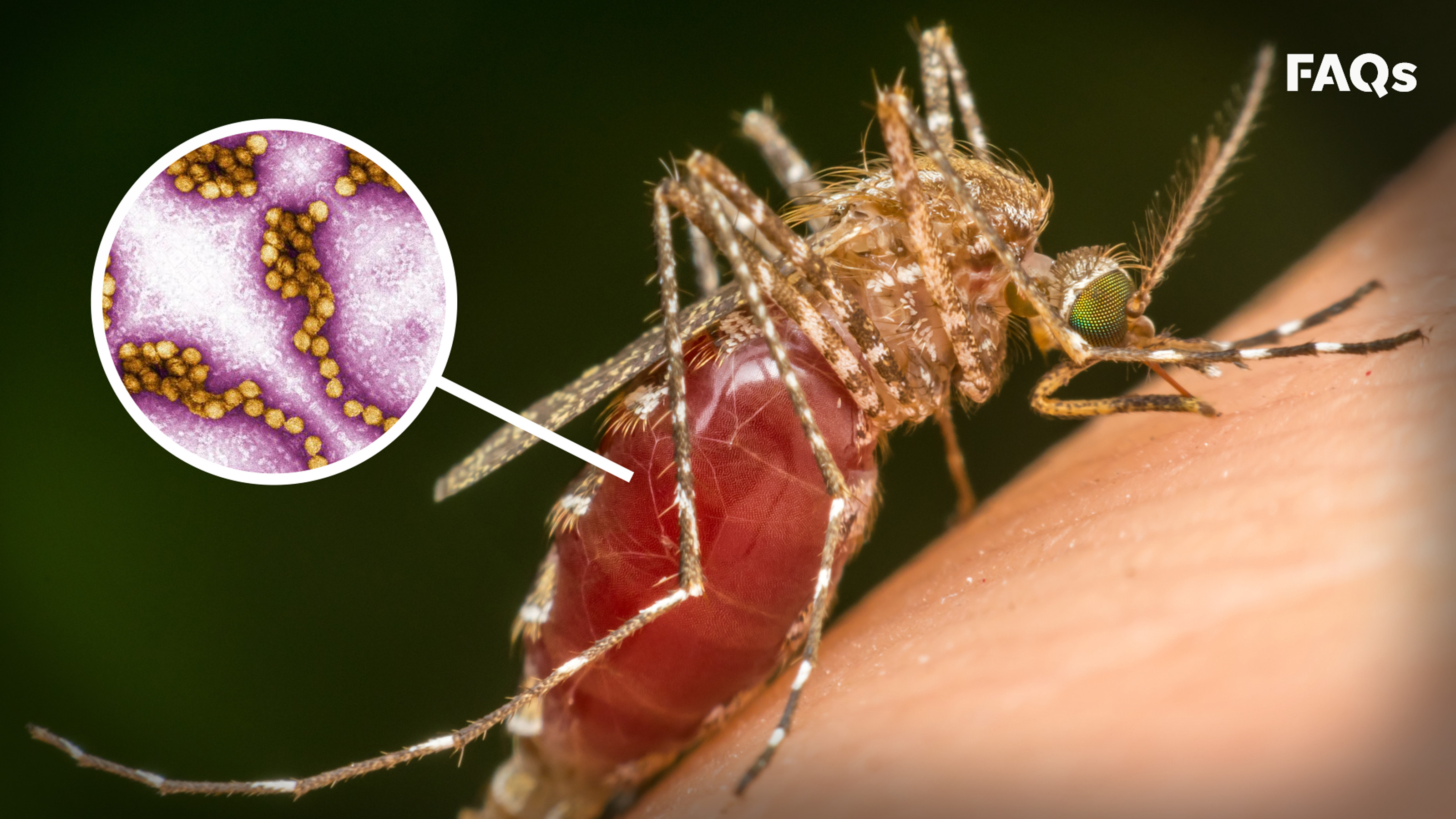The Fort Cavazos Department of Public Health confirmed that two mosquito pools have tested positive for West Nile Virus. The infected mosquito pools were collected near the Montague Village Housing Area located on West Fort Cavazos and the vicinity of T.J. Mills Boulevard and Casa Blanca Road.
Officials say this is the first positive mosquito pool for this year that was trapped on Fort Cavazos. Officials say mosquito numbers have decreased in recent weeks, requiring no additional pest control treatment, and it is important to note that there have been no patient cases of West Nile Virus at Fort Cavazos.
West Nile Virus: An Overview
According to the Centers for Disease Control and Prevention (CDC), West Nile Virus is mostly spread to people from a bite of an infected mosquito. Mosquitoes become infected when they feed on infected birds. Infected mosquitoes then spread WNV to people and other animals by biting them.
Symptoms and Risks
Most people infected do not feel sick. About 1 in 5 people who are infected develop a fever and other symptoms such as headaches, body aches, joint pains, vomiting, diarrhea, or rashes.
About 1 in 150 people who are infected develop a severe illness affecting the central nervous system such as encephalitis (inflammation of the brain) or meningitis (inflammation of the membranes that surround the brain and spinal cord).
Severe illness can occur in people of any age; however, people over 60 years of age are at greater risk for severe illness if they are infected. People with certain medical conditions, such as cancer, diabetes, hypertension, kidney disease, and those who have received organ transplants are also at greater risk.
Preventative Measures: The “Four D’s”
The Department of Public Health and Environmental Health experts at Carl R. Darnall Army Medical Center recommends the “four D’s” to help keep yourself and your community safe.
Dress
Wear long, loose, and light-colored clothes while outside. It’s hot in Texas but adding a layer of fabric makes it much more challenging for mosquitos to reach your skin and bite. Consider spraying insect repellent on clothing (mosquitoes can bite through thin clothing) and ensure you “dress” your house with window screens to keep mosquitos out.
DEET
When outside, use insect repellants containing DEET or other EPA approved repellants. Using an insect repellent containing DEET or Picaridin on skin not covered by clothing is very important. Keep in mind that insect repellents should not be used on young infants.
Drain
Regularly drain standing water, including water that collects in empty cans, tires, buckets, clogged rain gutters and saucers under potted plants. Mosquitoes breed in stagnant water, so these actions can help reduce the number of mosquitoes in areas where people live. When water is contaminated with organic matter (i.e. animal waste, grass, and leaves), the chances that mosquito larvae will survive may increase. Contaminated matter provides food for larvae to eat. After heavy rain, individuals should empty and scrub, turn over, cover, or throw out containers that hold water.
Dusk to Dawn
To the extent possible, limit outdoor activities at dusk and dawn when mosquitos are most active.
Conclusion: Staying Vigilant
The confirmation of West Nile Virus in mosquito pools on Fort Cavazos highlights the importance of staying vigilant and taking preventative measures to protect against mosquito bites. By following the “four D’s” and adhering to public health recommendations, individuals can significantly reduce their risk of contracting the virus and ensuring a safe and healthy environment for themselves and their communities.


















